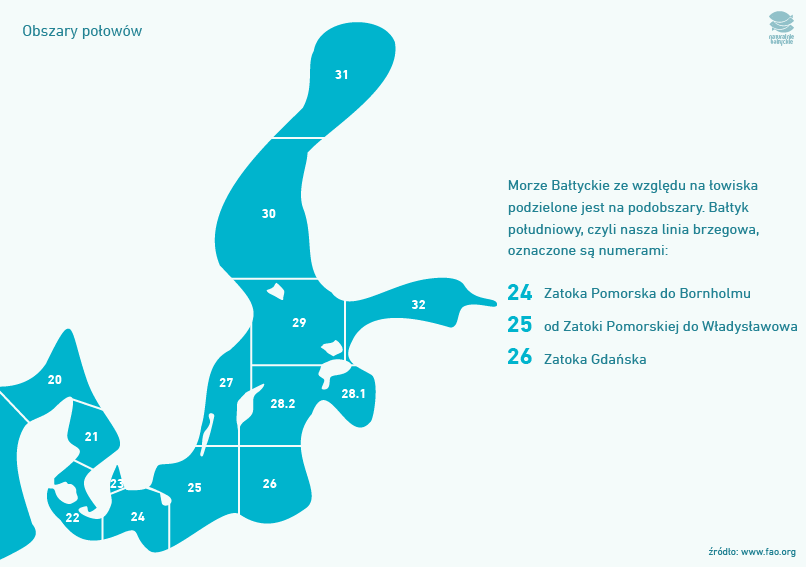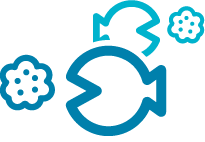Fishing areas and the biological recovery periods
Recovery periods of the most popular Baltic fish
Recovery periods are determined every year, so the restrictions in following years can be greater or lesser*. In 2020 between 4th of July and 31 August there was a complete ban of fishing in the southern part of the Baltic Sea, including pelagic fish (e.g. herring).
Recovery period for cod in this year in our part of the Baltic Sea lasted in total from the beginning of May to the end of August.
For salmon and brown trout the recovery period lasts in total since mid-September until the end of December in total.
Zander was under protection from March 25 to June 10 in total. Recovery period for Atlantic Sturgeon lasts all year.
Eels are protected from the beginning of November to the end of January. For European whitefish the recovery period was in January and will last from 1 to 31 December, but for western internal waters from 20 October to 15 December.
Northern pikes were under recovery period from the beginning of January until the end of April. The recovery period for European flounder lasted from mid-February to mid-May, and for turbots from the beginning of June until the end of July.
It is worth knowing the recovery periods of fish. In that time in stores you can most often buy frozen fish from the Baltic Sea or fish from deep-sea fisheries. The only chance to get a fresh fish is from coastal fisheries at the seaside.
*All issues are regulated by the REgulation of the Ministry of Marine Economy and Inland Navigation of 2019, item 1701.
Fishing areas
The Baltic Sea in terms of fishing grounds is divided into sub-areas. The sub-areas of southern Baltic, which is our coastline, are numbered: 24 (Pomeranian Bay to Bornholm) and 25 (from Pomeranian Bay to Władysławowo), and 26 (Gdansk Bay).

Map of the Baltic Sea that shows the divisions of the Belts, Sound, and the Baltic Straits(source: http://www.fao.org/fishery/area/Area27/en)
 English
English
 Polski
Polski
 Deutsch
Deutsch

